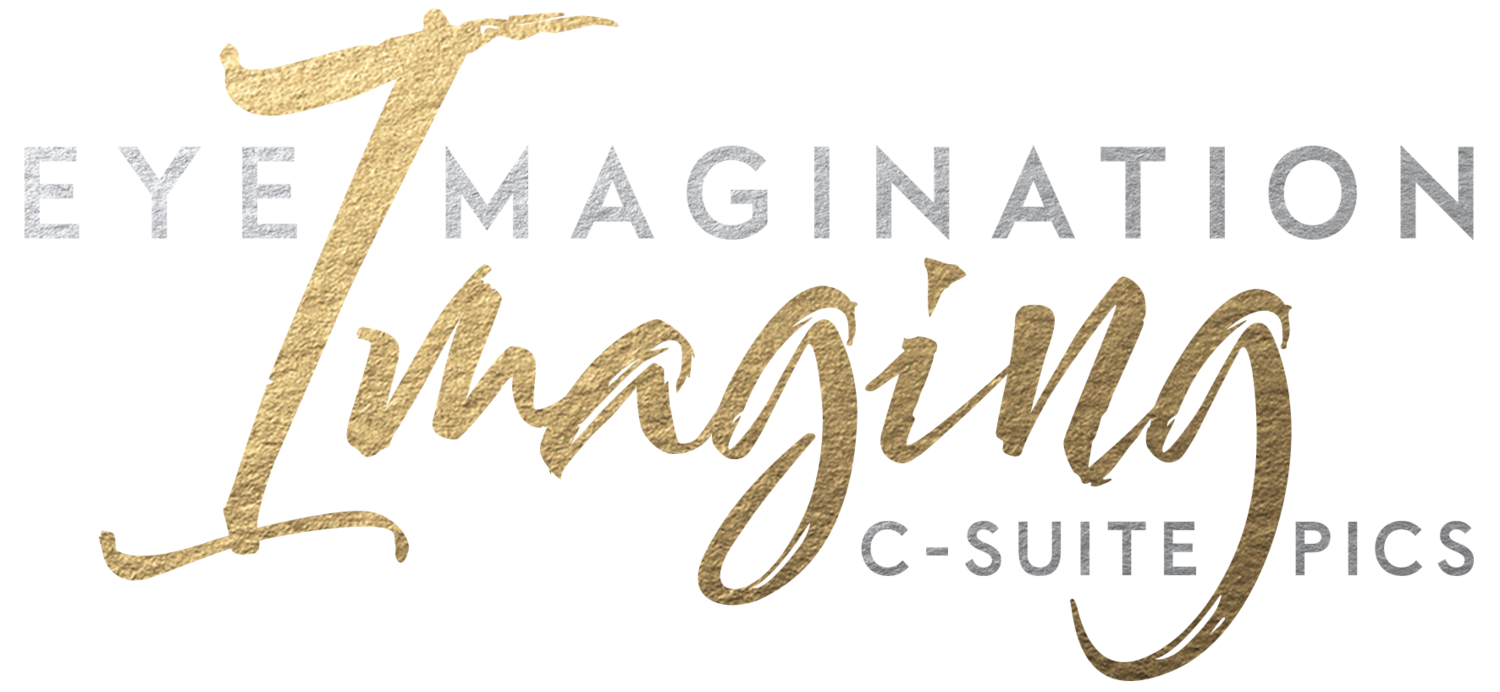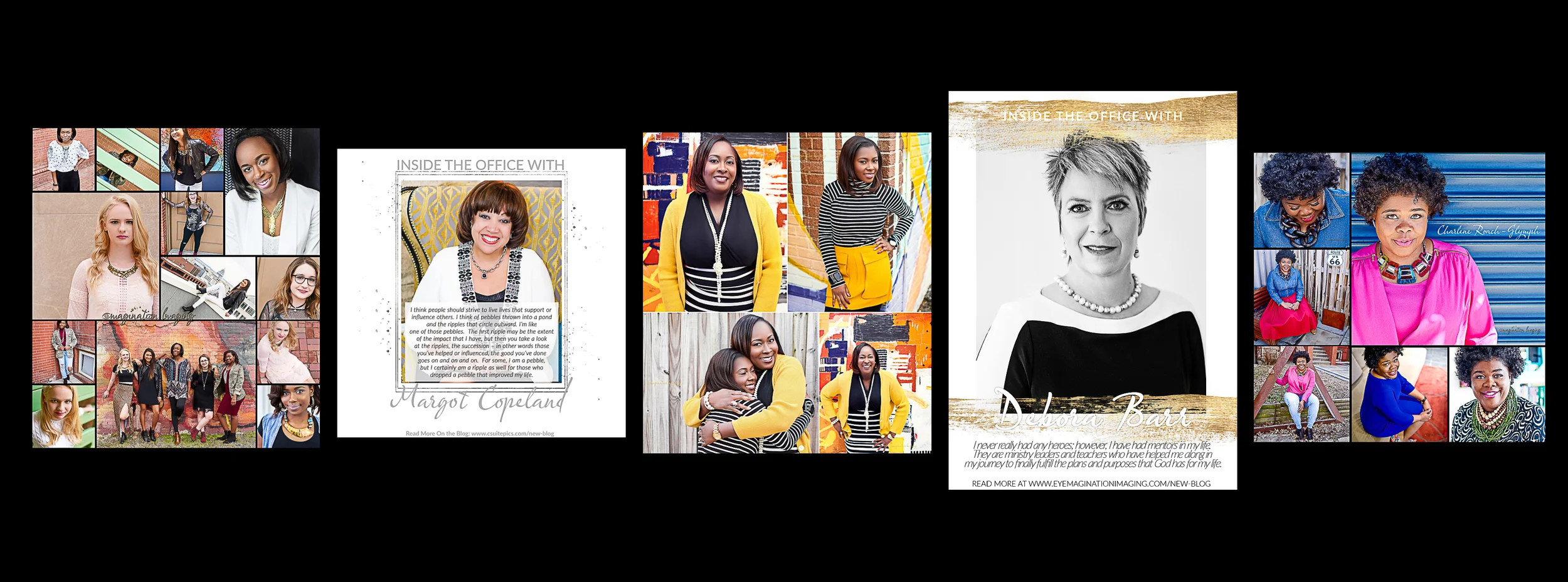Inside the Office with Adis Vila
/One of the things we take pleasure in here at C-Suite Pics is the opportunity to meet fascinating clients who are making a difference in a wide range of fascinating careers. Today, Christmas Day, we are pleased to feature Adis Vila. Adis is a woman of many talents and skills; and, she puts those skills to work in a wide variety of arenas. She “pays it forward” in her many roles and responsibilities. Thank you, Adis, for sharing some of your life, and your closing words of hope and perseverance, with our readers! We think it is the perfect sentiment, and you are the perfect person, for our very first Inside the Office profile.
What is your "day job"?
My day job is as a Senior Fellow at the Institute of Cross-Cultural Management (ICCM) at Florida Institute of Technology, but I have a lot of day jobs, and am thankful to wear many interesting hats. Corporate governance is an area in which I have developed expertise, having completed the Advanced Director Professionalism Class (Master Class) through the National Association of Corporate Directors (NACD). Serving on corporate boards allows me to use 35 years of experience as a corporate executive, government official, academic administrator and professor of international law and international business.
I am pleased to be a member of The Washington DC Bar and The Florida Bar, to be a Certified Diversity Executive, and to hold the advanced governance designation of NACD Board Leadership Fellow.
If I had to sum up my various activities into a theme, I would say I am an advocate for equal access to all that life has to offer for men and women with a particular soft spot for helping women of color reach their dreams. I am a continuous learner fully committed to using my education, professional work, and life experiences to allow others to reach their goals.
If you weren't a diversity advocate, what would life look like?
Whichever role I have had and wherever I have undertaken the role, I have believed, and continue to believe, that those who have received much, must never stop paying it forward. I cannot see injustice, and I cannot stop teaching others that which I have learned. Lifting people and doing so with integrity guides my personal and professional life.
If you had it all to do over again, would you do anything differently?
No doubt I have made mistakes; yet, I am proud to say that “regret” is not part of my vocabulary or of my life experiences. I learn from my mistakes and often reflect on how I might be more effective in accomplishing an objective, but I would not change anything that I have done. Even the more difficult experiences have impacted the woman I am and the positive view I have of the world.
What do you do for you that brings you absolute joy or peace?
I meditate, pray, and reflect on the many blessings I have every day. Each morning and each evening I thank God for the good health my loved ones and I enjoy, and ask Him to give me serenity in dealing with challenges that come my way. I have always known He has a plan for me, and as I have matured He has disclosed to me that the plan includes giving back to others and making the world a better place.
Who were your heroes, or mentors?
My Mom has always been my hero. In 1962, she found herself in the US with an eight year old child to support, and with no family, work experience or English language skills. She was an inspiration to me then and she is an inspiration to me now. She worked multiple jobs, taking public transportation to reach her places of employment. As a latch-key kid, she ensured that I developed life skills early so that I could take care of myself and reach my life’s goals.
When did you decide that you were a diversity advocate, that this would be your journey?
I did not set out to focus on diversity advocacy, but I have been interested in cross cultural competence since I first came to the US at the age of 8 and had to figure out the American way of life. I have been fortunate to travel the world for school and work, learning multiple languages, and succeeding in very different settings. Whether while CEO (Secretary) of the Department of Administration in Florida, COO (Assistant Secretary) of Administration at the US Department of Agriculture, or as the first Chief Diversity Officer of the US Air Force Academy, I have worked to transform organizational cultures in order to promote a diverse, cross-culturally competent, and inclusive organizational culture that encourages innovation, globalization, and a level playing field. I believe that we are better role models when we model the behavior that we want to see others emulate, and that we are better organizations when the processes and systems we use afford all employees and/or students an equal opportunity to succeed.
What would you like your epitaph to read?
While a sophomore at Rollins College, I was selected to read a biography about the life of a very successful lawyer named Algernon Sydney Sullivan, founder in 1879 of the silk stocking law firm, Sullivan and Cromwell. In response to his biographer Anne Holmes’ question, “For which of your many accomplishments Mr. Sullivan, do you wish to be remembered?”, Mr. Sullivan responded: “Not for anything that I have done but for the number of lives that I have touched.” The Algernon Sydney Sullivan Medallion is bestowed on students who have shown “remarkable character and integrity and who demonstrate a commitment to service.” In 1974, as a senior at Rollins College, the Algernon Sydney Sullivan Medallion, was bestowed on me.
If you were only given one word, what is it that you want people to remember about you?
Integrity
Is there anything else you wish I'd asked you?
Of late, I have become aware that many people are giving up because they do not see a way out. So, I wish you had asked, “When should one give up?” My answer to anyone asking me this question would be that life gets tough sometimes, and it might feel like we should give up. I would encourage any who are thinking about giving up NOT to do so but rather to use their skills, their networks, and their emotions to “rephrase” their challenge, and use their resiliency to continue to pursue—albeit using different approaches—that which is important to them. Often taking a pause and approaching a challenge in a different way identifies a way around the problem allowing us to solve it.






















